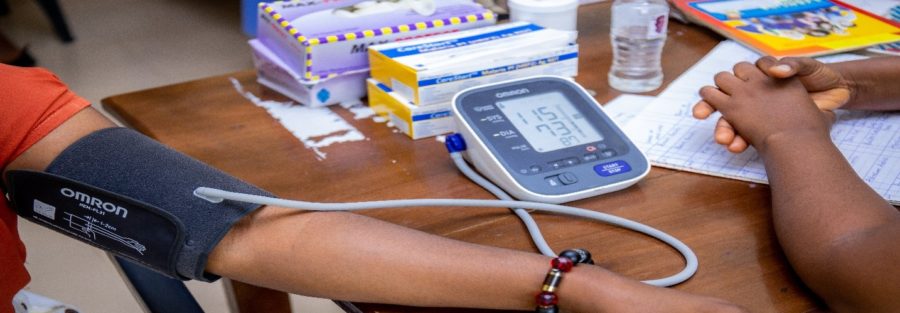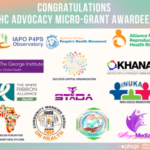Ghana’s health sector is one of the most invested, yet criticized sectors in the country. It remains a key indicator used by the citizenry in assessing governments’ performance. In spite of the significant investment and global commitments made by governments, past and present, to ensure improved healthcare and resource availability, the country’s healthcare system is still beset with challenges.
Lapses in Ghana’s healthcare delivery and the impact of COVID-19
Ghana’s health system has undergone several transformational changes over the years; with great efforts at improving it. Rolled out interventions by the government includes the introduction of the Community Based Health Planning Services (CHPS) strategy in 1996; the National Health Insurance Scheme (NHIS) in 2003; and the Free Maternal Care programme launched in 2007 for pregnant women to enhance their utilization of delivery care services.
Irrespective of these interventions, high cost of accessing health care; lack of available services; unmet health needs; delays in receiving appropriate medical equipment; inadequate and unavailability of essential medical tools and equipment; and inability to get preventive services, continue to plague the country’s healthcare system.
Disruptions caused by the COVID19 Pandemic
These unresolved health challenges have further been heightened by the emergence of the COVID-19 pandemic. Not only have there been a disruption in the provision of essential health services but also, the quest and determination to fight other diseases reduced due to the pandemic.
At the height of the COVID-19 pandemic in July 2020, Ghana recorded a total of 322 deaths from malaria which was more than twice the fatalities from COVID-19 which stood at 153 yet this was overshadowed by the pandemic. Data from the National Malaria Control Programme (NMCP) showed that 5,169,487 people tested positive for malaria out of 10,421,598 suspected cases recorded that year. This placed Ghana among the 11 countries that accounted for 70 percent of the global burden of malaria in 2020, according to a WHO World Malaria Report.
A report by the Global Fund to Fight AIDS, Tuberculosis, and Malaria also showed that in 2020, COVID-19 massively disrupted health service delivery for other infectious diseases in terms of resources and funding in low-and middle-income countries in Africa.
In early April of 2020, 409 cases of Cerebrospinal Meningitis (CSM) were recorded in five regions in the Northern part of Ghana with 40 deaths, according to the Ghana Health Service (GHS). This development, however, did not receive the necessary attention it deserved, especially in the media.
Recent data from the Ghana Health Service’s (GHS) 2021 Holistic Assessment Report for the years 2018–2021 shows that, despite a general decrease in maternal deaths from 147 to 119.5 per 100,000 live births between 2017 and 2021, the number of maternal deaths increased by 12%, from 779 to 875 between 2020 and 2021. In a similar GHS assessment carried out in 2021 to access the continuity of essential health services in the context of COVID-19, many women and adolescent girls of reproductive age perceived that their sexual and reproductive health needs were unmet; this included access to contraception. Available data from GHS reveals that in 2020, out of nearly 301 pregnancies that were recorded daily, 13 were teen pregnancies.
Way forward
These data and reports provide evidence of the consequences of neglecting the provision of essential services, particularly in the area of preventive and treatment services. The outcomes of the aforementioned are a testament that delivery of essential health services at all times is non-negotiable. Consequently, much needs to be done to guarantee that Ghanaians, especially the vulnerable population comprising women and girls have uninterrupted access to high-quality and affordable essential health services during pandemic situations. More importantly, facilities must be well-positioned to manage health emergencies without compromising on the provision of quality essential health services.



